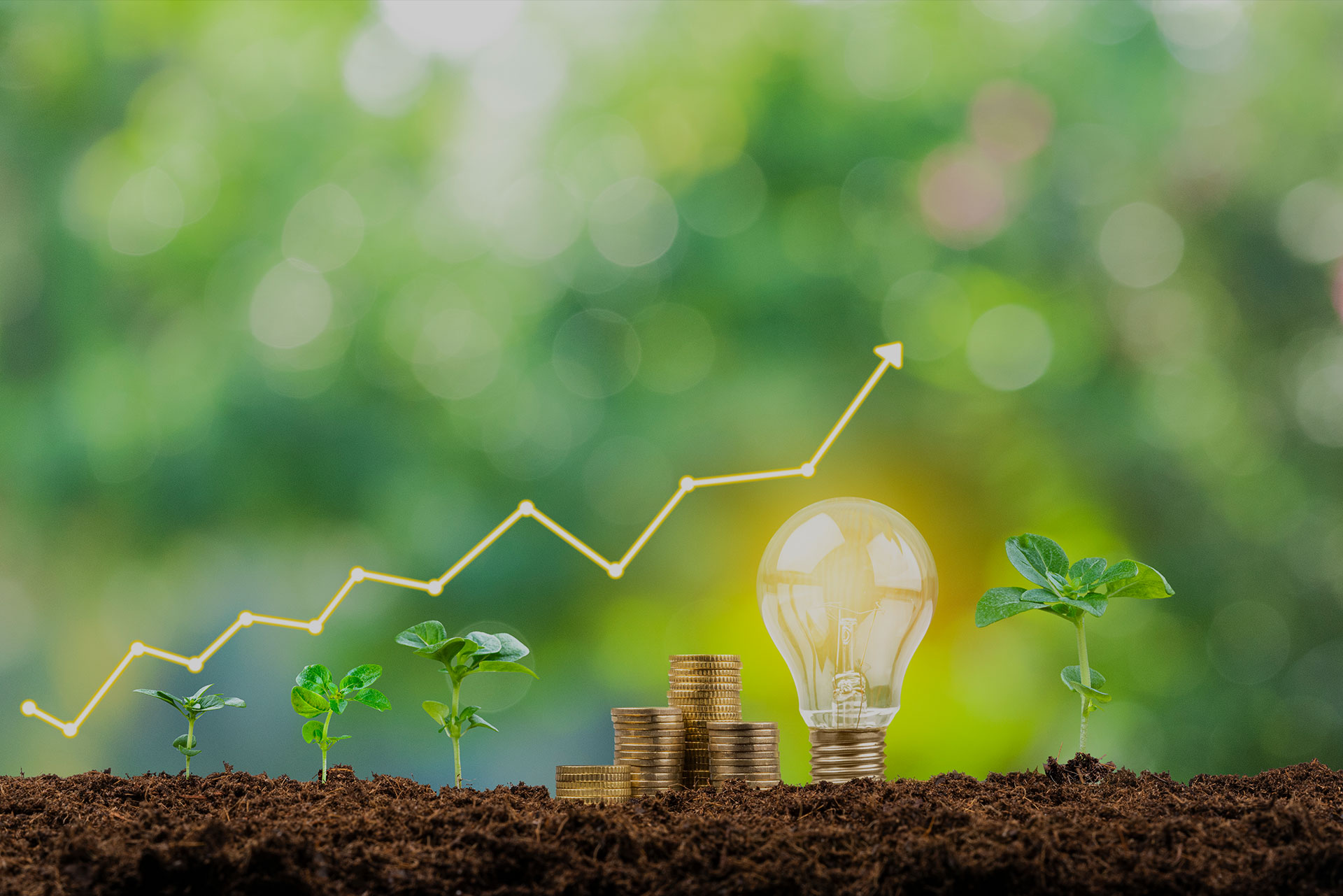Although blessed with a wealth of energy resources, Romania has for some years now been a country that has become dependent on energy imports. Under the illusion that we can be a regional energy hub, we have ended up 'sitting' on resources and not being able to use them when we need them, especially in situations of supply crisis such as the one Europe is going through at the moment. How did we get here?
The explanations are simple. At the root of this situation is, first and foremost, a decline in confidence in the local business environment and, implicitly, in the appetite for investment, due to frequent and sudden changes in legislation. The stability of the fiscal and legislative framework is essential for any investment, especially large-scale investments involving tens, hundreds of millions or even billions of euros, such as those in the energy sector. Changes in fiscal terms during the life of a project can significantly affect the parameters of profitability and even the viability of the project. When laws are changed "overnight", the signal to investors is clear: "We don't care about your money".
Under the message "We are not selling our country", Romania has blocked over the last decades essential investments for the development of the economy. The need for investment, modern technology and know-how is all the greater in the natural resources sector. They say: "Why should the Americans come to get our gas, why should the Italians come to get our coal or grow wheat? But we need to understand one simple thing: that the resource that we consider to be ours needs both capital and technology if it is to be used economically. I mean you have to know how to get it out of the ground, you have to know what to do with it. Because, if it was easy to get a shovel to go and get the gas from the Black Sea, we'd do it"explained Radu Burnete, executive director of the Concordia Employers' Confederation, in an On the Record debate.
The Black Sea is not an easy sea, and the Neptun Deep project has some characteristics that not just any company can fulfill. We are talking about deposits thousands of meters deep, which require a high level of investment, know-how and specific technology to extract. If investments in gas exploitation in the deep offshore Black Sea had not been blocked by regulations for years, today Romania would have had these additional resources which would have been sold on the Romanian market and the surplus on the regional market. In other words, "no one leaves with them in their bag". Beyond energy security, we would have had: numerous jobs created, especially high-skilled jobs, and numerous revenues for the state budget.
The Executive Director of the Concordia Employers' Confederation added that promoting autarchy (the creation of a closed national economy, isolated from the world economic circuit - editor's note), the idea that "are we an island hereWe can produce them all, we don't need foreigners, we don't need to trade, is a chimera. We can look at any rich countries we like. Any example we find, the rich states are the ones that have been open to importing, exporting, trading. And there can be no other way for us either".
Moreover, another idea circulating in the public arena is that natural resources should be sold only on the domestic market and at prices that can be administratively lowered at any time in the pen. This runs strongly counter to free market rules, compliance with which is essential for attracting and retaining investment.
"Yes, the gas is also for export, not just for our domestic consumption, because the extra 6 billion cubic meters per year (the volumes that could be extracted from the Black Sea - editor's note) added to the current production are much more than what we could consume and we were a provider of energy security for the area. Which was very good for the moment", journalist Mihai Nicut pointed out, in a high-profile debate.
He also explained that for a major investment of several billion euros, such as the Neptun Deep natural gas project, the concession companies need to raise funds through loans, and for this they need to demonstrate that the project is bankable and profitable so that the money can be paid back. The operator must also be allowed to sell either domestically or for export, where there will be demand.
The boomerang effect of low prices
Plus, one effect of low prices is that they discourage investment, which in the medium term - sometimes in the short term, as in the case of Romania - leads to a production deficit. This has been seen especially in the power generation sector, where artificially low prices for producers have meant that investment in new power plants has virtually stopped.
Data recently published by the National Energy Regulatory Authority (ANRE) shows that, for example, From 2018 to date, new energy capacity with a total installed capacity of around 69.5 MW, as follows: 65 MW - hydro; 2.5 MW - biogas; 2 MW - wind. Instead, compared to 2018, there was a decrease of about 5,600 MW in electricity generation capacity (source, HERERomania has thus gone from being an exporter to a net importer of electricity. The situation on the natural gas market is similar. Romania has depended year after year on imports to get through the winter safely, as investment to exploit available resources has not been encouraged. The effect? "Declining domestic gas production was compensated by imports, which led to lower revenues to the state budget, increased current account deficit, job losses, and higher costs for the population and industry," a document published by the Chamber of Deputies.
"The problem we have today, that energy demand is higher than supply, will only really be solved after we produce more energy or consume less. There is no other solution. Price is like a thermometer. Right now, it shows that we consume more than we can produce", Radu Burnete explained in On the Record.
In order to stimulate long-term investment, in theory, taxation should be lowered, not raised, and in crisis situations like the one we are going through now, over-taxation should be done very carefully.
"In principle, I am not a friend of over-taxation, because it tends to become permanent. With us, something exceptional always becomes permanent. During the Ponta government, we introduced some additional taxes on natural gas producers, which were supposed to be temporary, but they are still in force today. And that overtax has led to a drop in gas production in Romania. Over-taxation in times of crisis I'm not saying it should be taken off the table, but must be done very carefully and understand the effects you generate, because there's no point in getting some extra money if you block the market or make it impossible for producers to invest or buy energy", stressed Concordia's executive director.
According to him, our help must go first and foremost to what we call vulnerable consumers - poor people with little income.
In a new report on wholesale gas pricesThe International Gas Union (IGU), the global voice of the natural gas industry, emphasizes the crucial importance of the free market.
"Despite the challenges everyone faces in managing a high-priced environment, a functioning market is key to ensuring energy security. An efficient global market allowed the flexibility to reorganize gas supply flows where they were most needed in just a few months"says IGU.
The ad hoc interventions in the market also demonstrate the lack of a strategic vision for development, which is badly needed to attract long-term investment. This vision actually means a plan that answers questions such as: what kind of energy we want to produce, for whom, what kind of industry Romania will have in 10-15 years? Predictability creates stability, which makes us less vulnerable as a country in this region of the Black Sea, which is beset by diplomatic and, indeed, military conflicts.
Therefore, the role of the state and its duty towards the population is to maximize the use of natural resources, attracting investors willing to risk capital for this purpose. To do this, Romania must be more attractive than other countries as an investment destination.





